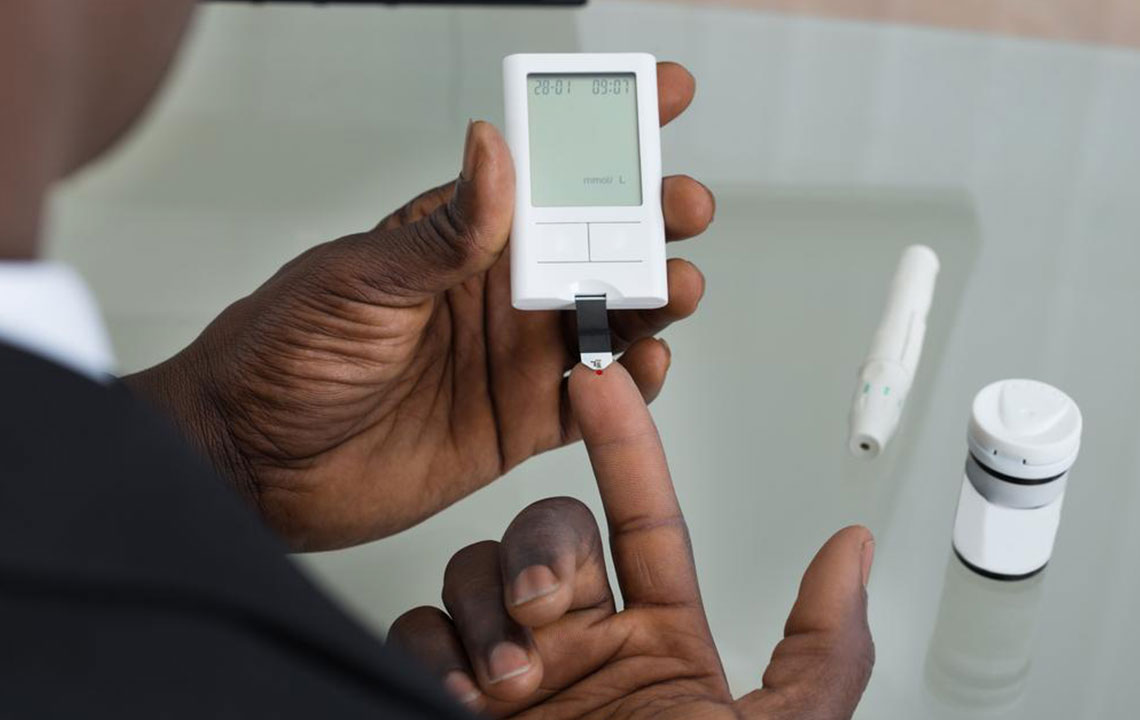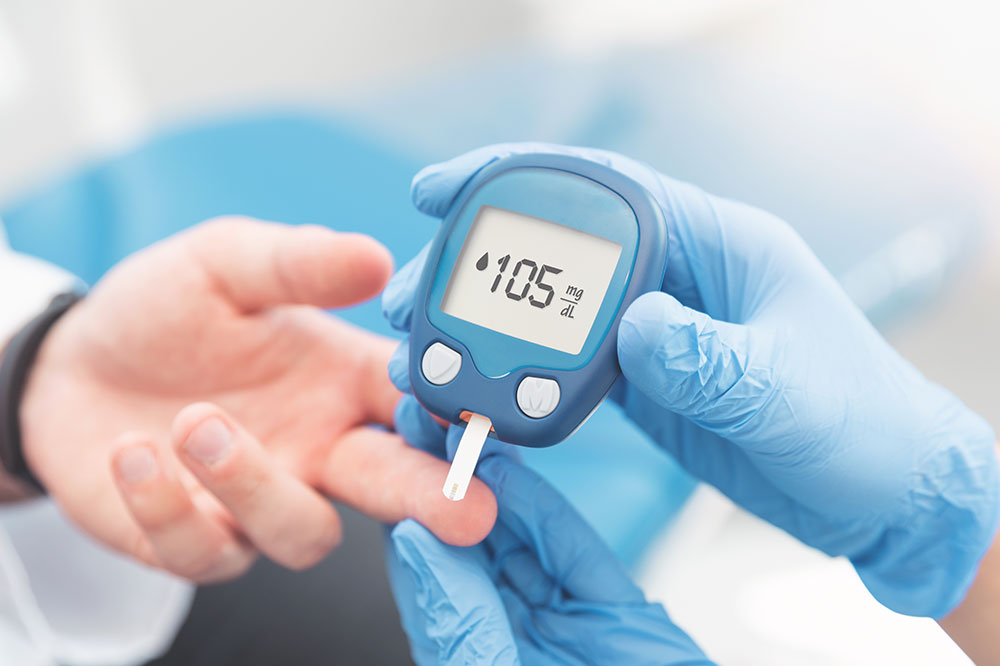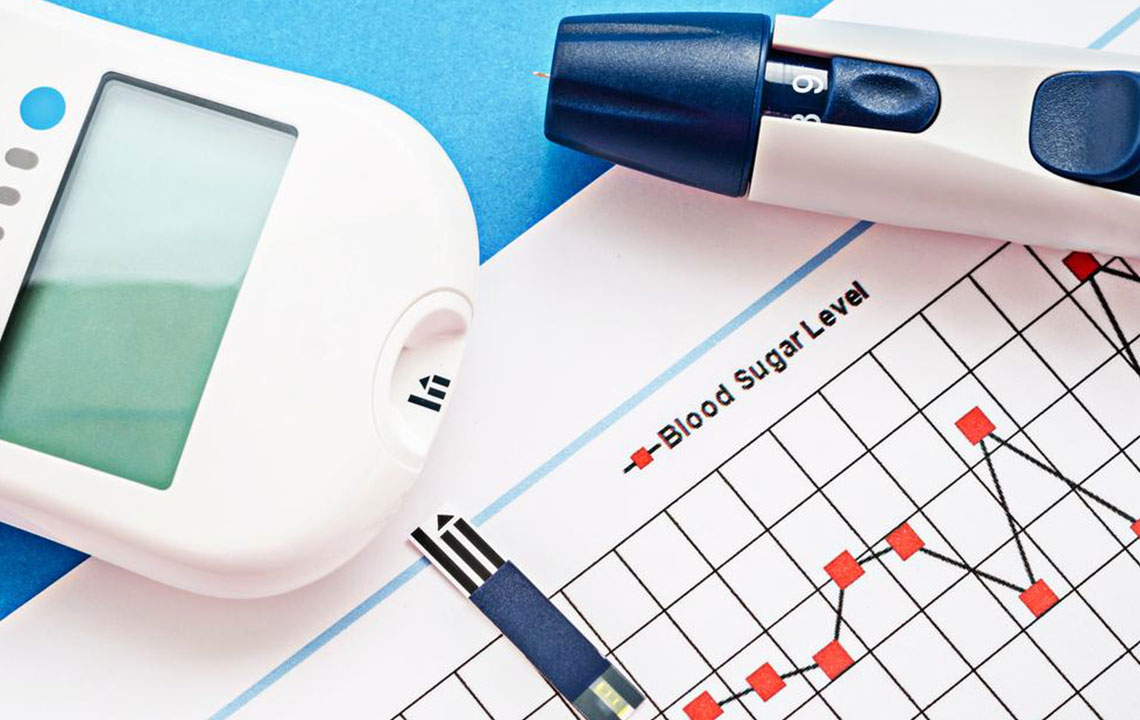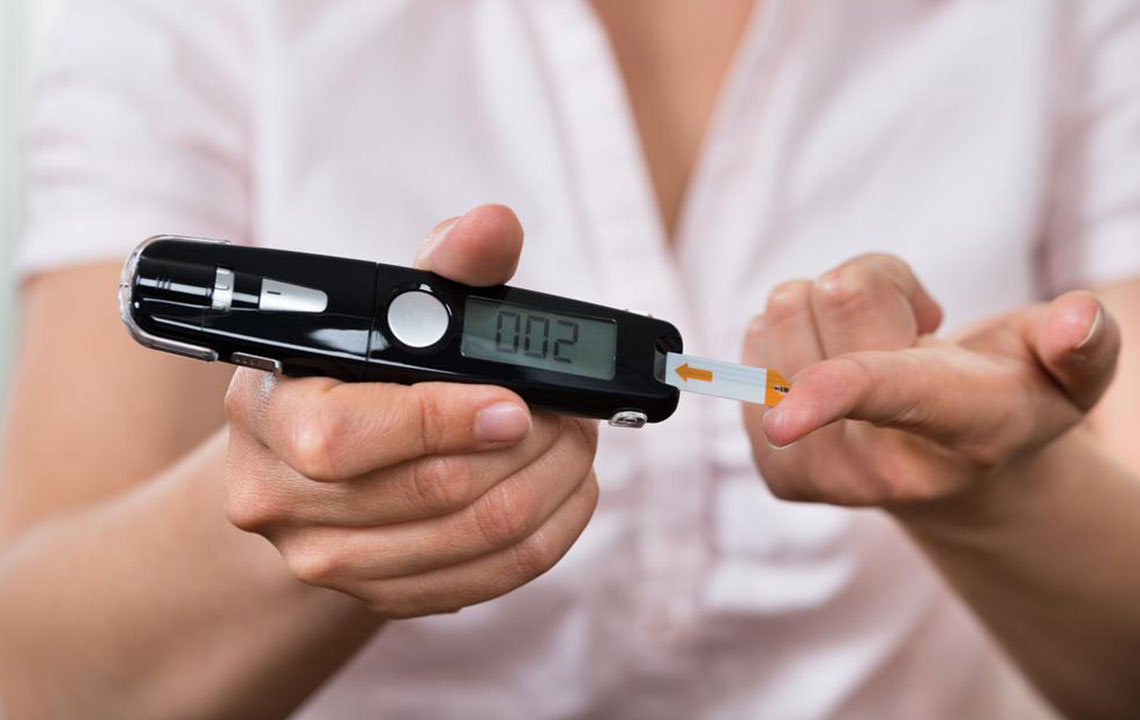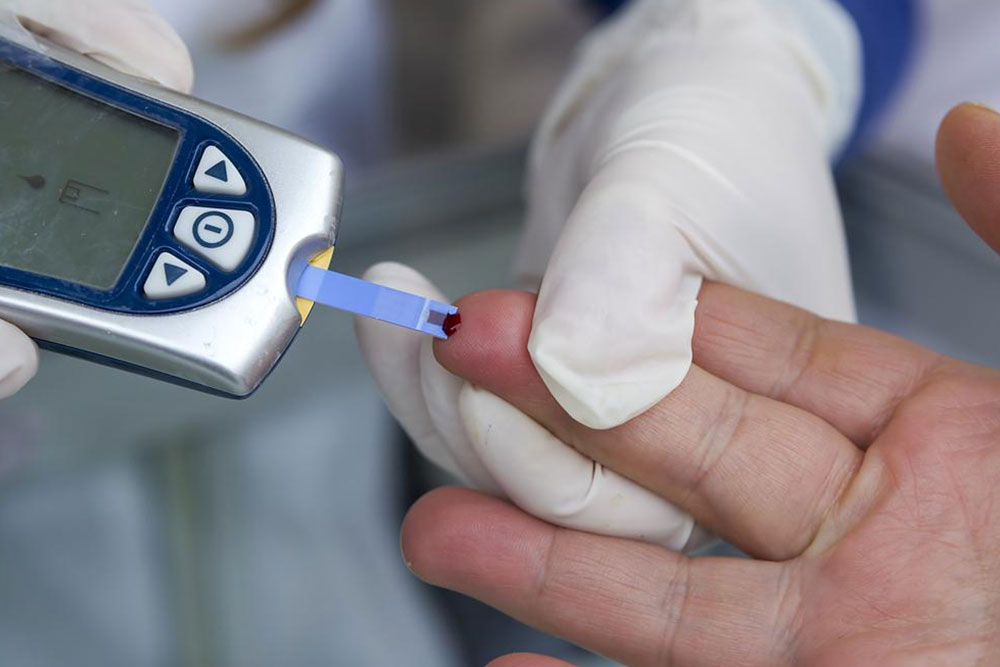Essential Role of Regular Blood Glucose Monitoring in Effective Diabetes Management
Regular blood glucose testing is essential for effective diabetes management. It offers personalized insights into diet, medication efficacy, and overall health, helping prevent complications and improve quality of life. Advanced monitoring technologies facilitate proactive care, making blood sugar control more precise and accessible. Consistent testing supports proactive interventions, early detection of abnormal trends, and optimized treatment plans, ensuring better health outcomes for diabetics of all types. Staying vigilant with blood sugar monitoring is a key step toward long-term health and stability for people living with diabetes.
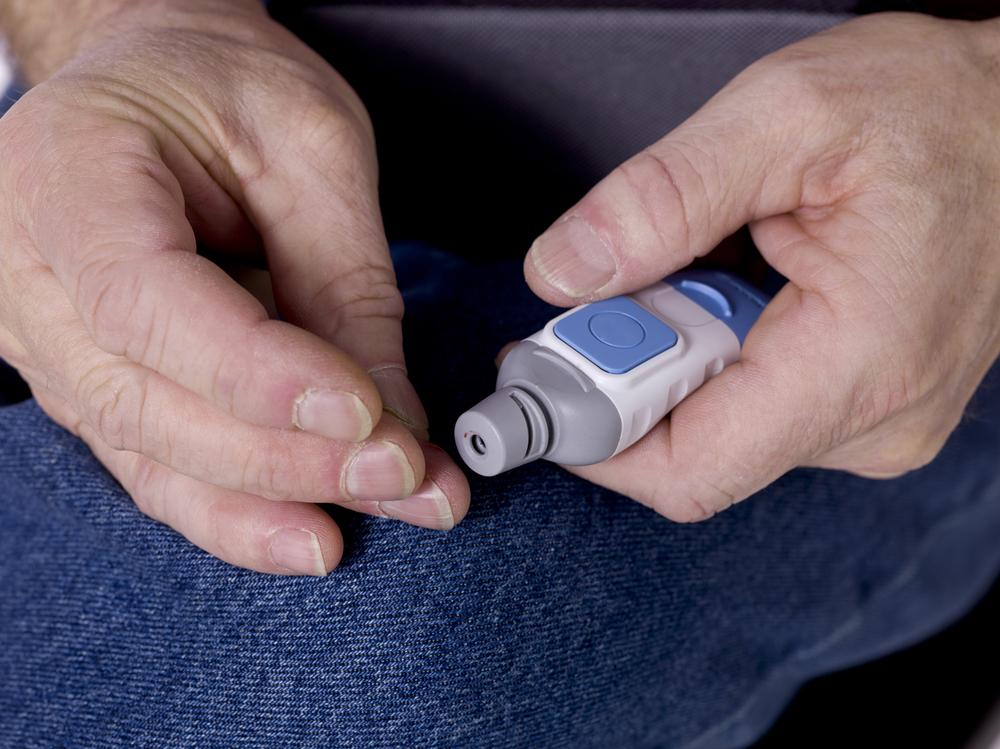
Enhancing Diabetes Control with Consistent Blood Sugar Monitoring
Effective management of diabetes hinges on a thorough understanding of how blood sugar levels fluctuate throughout the day. Regular blood glucose testing provides critical insights that enable individuals to customize their lifestyle choices and medical treatments to maintain optimum health. Whether you are managing type 1 or type 2 diabetes, consistent and reliable blood sugar monitoring remains a cornerstone in preventing serious complications and improving quality of life.
This article explores the numerous benefits of routine blood glucose testing, offering detailed guidance on how it supports better health outcomes for diabetics of all ages and stages of the disease.
Personalized Dietary Regulation
One of the primary advantages of regular blood sugar testing is the ability to identify how different foods influence your blood glucose levels. By analyzing the readings after meals, individuals can pinpoint specific ingredients or food groups that cause spikes. This information allows for tailored dietary plans, such as reducing or eliminating high-sugar foods, processed snacks, or dairy products that may contribute to undesirable fluctuations. Additionally, monitoring helps reinforce disciplined eating patterns, which can significantly aid weight management efforts and enhance overall blood sugar control. Creating a diet responsive to your body's unique reactions fosters better management of diabetes and promotes a healthier lifestyle.
Optimizing Medication Usage
For many patients, medication adherence and dosage are vital components of diabetes treatment. Regular blood sugar testing is instrumental in evaluating the effectiveness of prescribed medications, including insulin and oral hypoglycemics. If readings consistently remain high despite medication, healthcare providers can use this data to make informed adjustments, such as increasing dosages or switching to alternative therapies. Accurate monitoring ensures that treatment is both safe and effective, reducing the risk of side effects from overmedication or poorly managed blood sugar levels.
Promoting Overall Health and Preventing Complications
Maintaining stable blood glucose levels is crucial to prevent long-term complications associated with diabetes. These include vision impairment, cardiovascular disease, peripheral neuropathy, kidney damage, skin infections, and joint problems. Regular testing facilitates early detection of abnormal trends, allowing prompt intervention. Proactive blood sugar management not only preserves vital organ functions but also enhances the quality of life by reducing pain, fatigue, and the need for more invasive treatments.
Ensuring Surgical Preparedness
For patients scheduled for surgeries, such as dental procedures or major operations, maintaining well-controlled blood sugar levels is essential. Proper glycemic control before surgery minimizes infection risks and promotes quicker healing. Preoperative assessments often include blood sugar checks to ensure readiness for anesthesia and postoperative recovery. Good management practices help achieve optimal surgical outcomes, emphasizing the importance of routine monitoring in surgical planning.
Furthermore, technological advancements have made blood glucose testing more accessible and accurate. Devices like continuous glucose monitors (CGMs) and smart insulin pens provide real-time data, enabling even more precise management. Educational programs and support groups can enhance patient understanding and adherence, fostering a proactive approach to diabetes care. Ultimately, embracing a routine of regular blood sugar testing empowers individuals to take control of their health, mitigate risks, and live more fulfilling lives despite their diagnosis.
